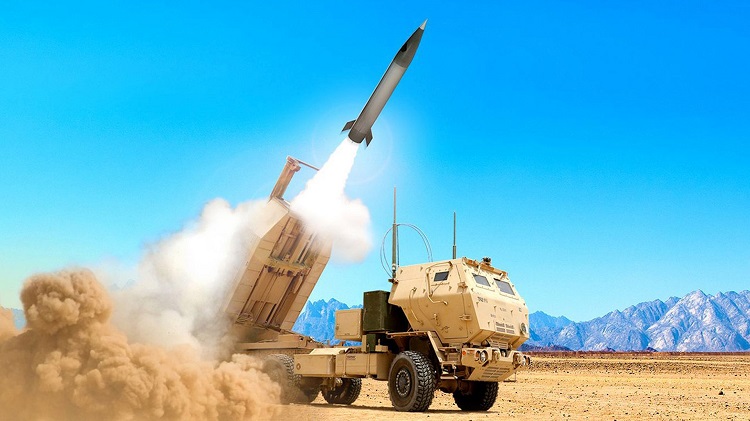Australia’s involvement in the AUKUS (Australia, United Kingdom, United States) pact has gained attention due to its potential role as a testing ground for advanced hypersonic and long-range precision weapons. The agreement, initially focused on supplying Australia with nuclear-powered submarines, has evolved to address the growing influence of China in the Asia-Pacific region. U.S. Secretary of the Army Christine Wormuth highlighted Australia’s unique contributions and the collaborative nature of the pact.
Australia’s Non-Monetary Contribution
While Australia’s involvement in AUKUS includes the exchange of advanced defense technologies, Secretary Wormuth emphasized that its contribution doesn’t solely revolve around financial commitments. Australia’s strategic geographical attributes, including vast distances and sparsely populated land, make it an ideal testing ground for cutting-edge weaponry.
AUKUS Pact and China’s Influence
The AUKUS pact, signed in late 2021, serves as a strategic response to counter China’s increasing dominance in the Asia-Pacific region. By enhancing Australia’s defense capabilities, the pact aims to create a deterrent against potential aggression from China, a stance that has been criticized by Beijing but strongly supported by the pact’s member nations.
Evolution of AUKUS Focus
Initially centered on the acquisition of nuclear-powered submarines, the AUKUS pact has broadened its scope to include advanced technologies such as long-range precision firing, artificial intelligence, and hypersonic weapons. The pact’s evolution reflects the partners’ commitment to staying at the forefront of defense innovation and adapting to emerging threats.
Australia’s Potential as a Proving Ground
Secretary Wormuth highlighted Australia’s potential as a proving ground for advanced weapons. With extensive territory and limited population, Australia provides an advantageous environment for testing various weapon systems, particularly hypersonic technologies and long-range precision missiles.
Challenges of Testing in the United States
The United States faces challenges in testing advanced weapons due to limited open spaces for conducting experiments. Secretary Wormuth noted that Australia’s ample landmass offers a more feasible testing environment compared to the densely populated regions in the U.S.
Cooperative Nature of AUKUS
Despite criticism that the AUKUS pact might lead to domination by the United States, Secretary Wormuth emphasized the cooperative nature of the partnership. She indicated that Australia and the United Kingdom are committed to actively participating in the pact’s objectives and ensuring their national security interests are met.
Motivations Behind Australia’s Participation
Australia’s engagement in the AUKUS pact stems from its recognition of the security challenges in the region. Senior Australian officials view the pact as a strategic move aligned with their national interests, aiming to address diverse challenges within the theater, including potential conflicts involving Russia, North Korea, and China.
Shifting U.S. Defense Strategy
Historically, the U.S. aimed to be capable of fighting two major wars simultaneously. However, evolving budget constraints, public sentiment, and the rising capabilities of Russia and China have led to a shift in this doctrine. The United States now focuses on strengthening defense alliances and using its nuclear arsenal to deter aggression, acknowledging the impracticality of simultaneously engaging in multiple major conflicts.
Find More International News Here




 Which Sea is known as the Lake of Tiberi...
Which Sea is known as the Lake of Tiberi...
 India Launches Zero Prize, Paying Big fo...
India Launches Zero Prize, Paying Big fo...
 India, Nepal Sign New MoU to Boost Fores...
India, Nepal Sign New MoU to Boost Fores...








